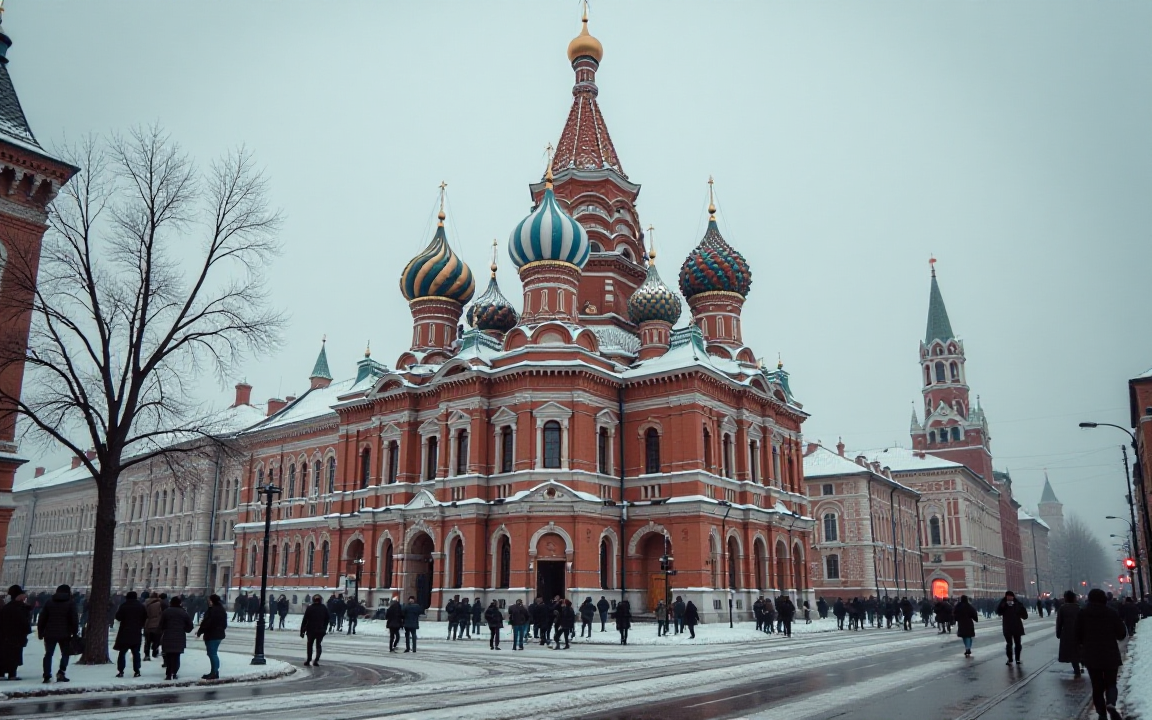Executives at several major Russian banks, designated as systemically important by the Bank of Russia, have been meeting behind closed doors to discuss the potential need for a government-funded bailout should the surge of bad loans on their books intensify over the next year.
As per a Bloomberg report, the conversations, involving at least three leading lenders, reflect mounting anxiety within the sector over the true quality of banking assets as economic strain deepens amid high interest rates.
Officially, Russia’s banking sector still exhibits resilience: profits remain robust and the proportion of non-performing loans (NPLs) to corporates stands at around 4%, while the share of unsecured consumer debt in arrears for more than 90 days is 10.5%.
Yet, executives and internal documents reviewed by Bloomberg and other sources reveal that banks’ internal estimates of asset quality are substantially grimmer than official statistics suggest.
Some fear the industry is approaching a critical juncture if the volume of bad loans continues to rise, despite currently strong capital reserves and recent central bank reassurances.
How deep is Russia’s bad loan crisis?
Facing growing financial pressure, the Central Bank of Russia has urged banks to restructure troubled loans instead of officially labeling them as bad.
While this move helps lenders dodge a sudden rise in non-performing loans on paper, it also raises concerns about how accurately their balance sheets reflect reality.
Defaults are clearly on the rise, judging by recent reports. In the first quarter of 2025, Sberbank, Russia’s largest bank, saw a near doubling of troubled mortgages.
At the same time, overdue consumer loans jumped over 22%, pushing the share of bad loans to its highest point in three years. VTB, the country’s second-biggest lender, also logged a notable increase in non-performing retail loans.
Bank executives blame the spike on soaring interest rates, which have made borrowing significantly more expensive, reaching levels last seen during the financial turmoil of 2014 to 2016.
What’s making matters worse is the government’s increasing use of banks to bankroll politically driven projects that sit outside the official budget, particularly in defense and other Kremlin-backed sectors.
Instead of sticking to standard lending rules, money is being steered toward areas deemed strategically important.
Not a full-blown crisis yet
Governor Elvira Nabiullina has played down fears of a broader crisis, saying the system is strong enough to withstand current pressures.
The CBR has also signaled it’s ready to step in with tools like the macroprudential capital buffer, which could help banks stay afloat even if their capital levels temporarily dip.
Still, some analysts and former regulators aren’t convinced, warning that if losses keep piling up, these safeguards might not be enough.
Analysts say a full-blown crisis isn’t on the horizon just yet, the non-performing loan (NPL) ratios are sitting at 4.2%, still below previous highs.
But the trend is hard to ignore: asset quality is slipping, and more borrowers are asking for loan restructurings.
For now, most observers see this as part of a typical down cycle rather than the start of a collapse.
Still, the sector’s track record of relying on state bailouts, like the massive 1 trillion ruble rescues of Otkritie, Promsvyazbank, and B&N Bank back in 2017, serves as a stark reminder of the deeper vulnerabilities baked into Russia’s financial system.
The post Russia’s bad loan crisis: is bailout inevitable by next year? appeared first on Invezz

